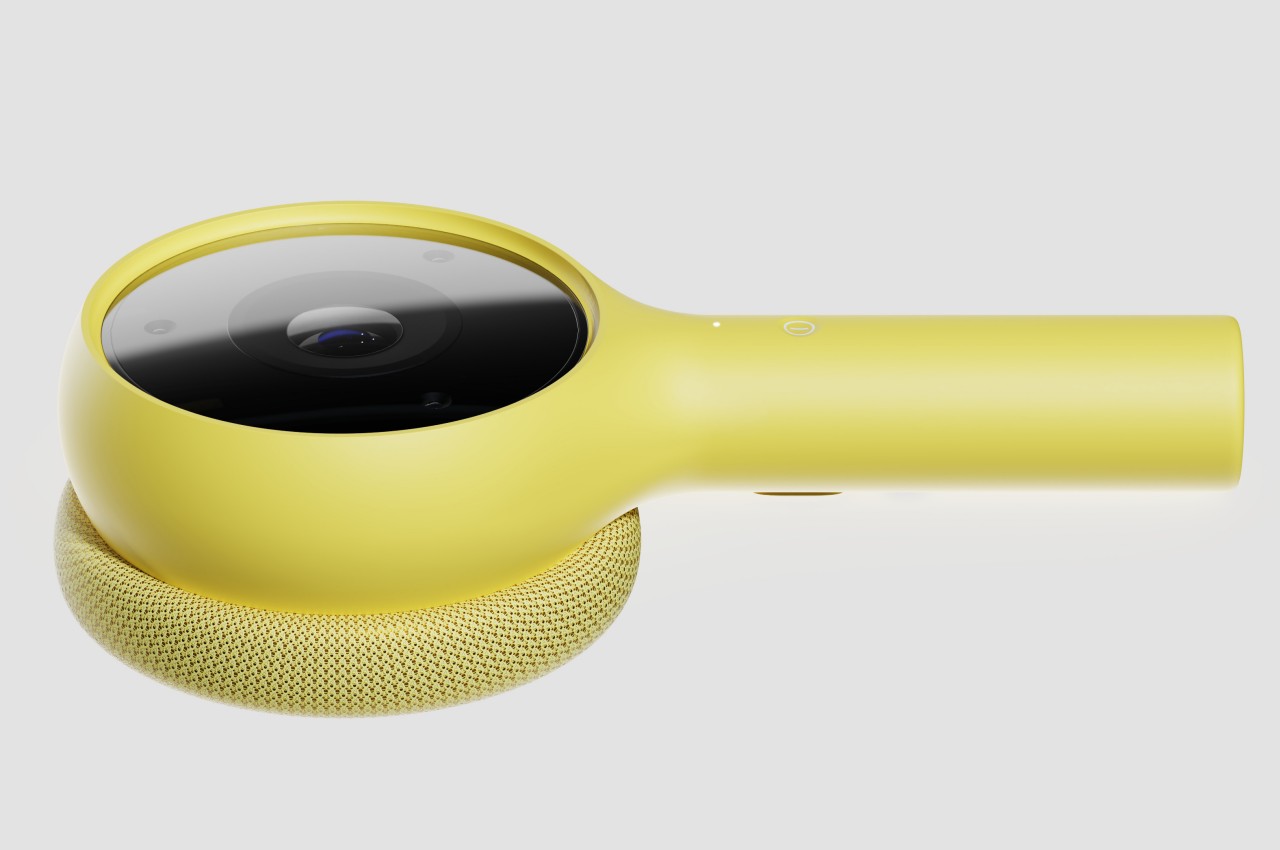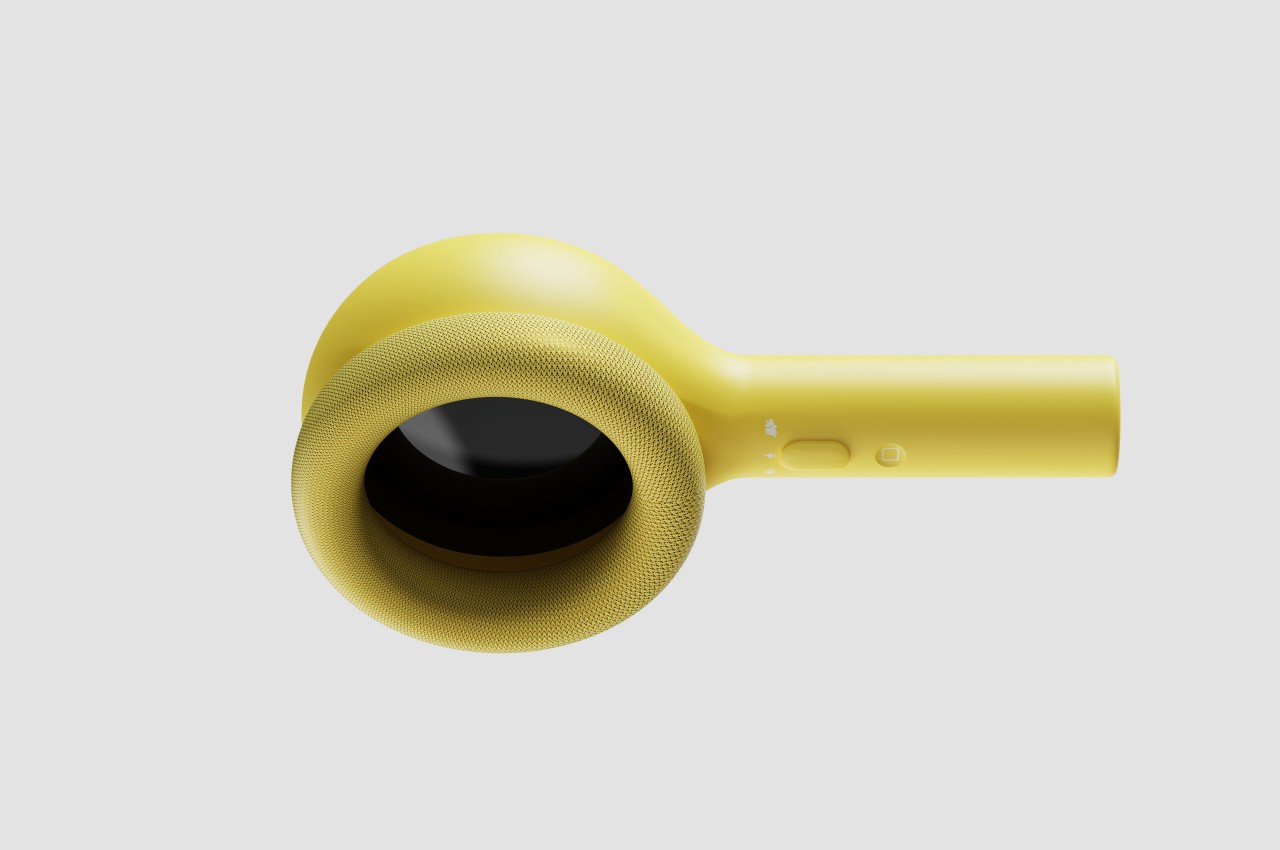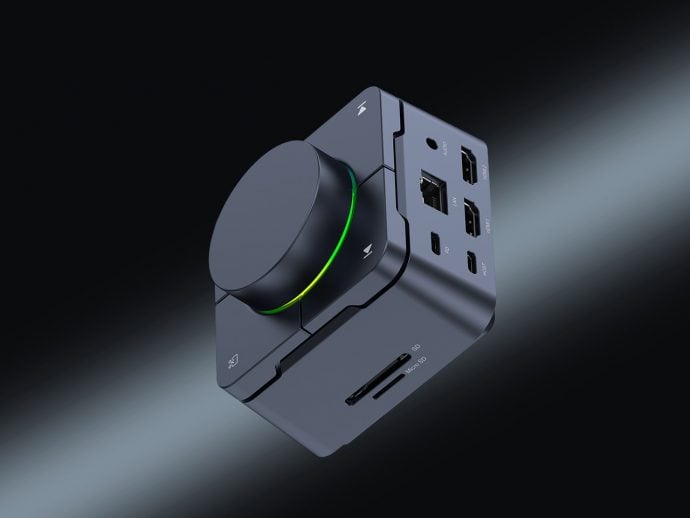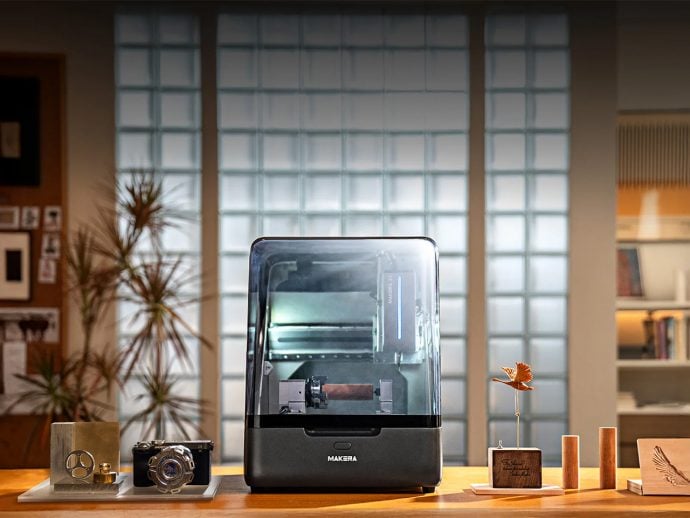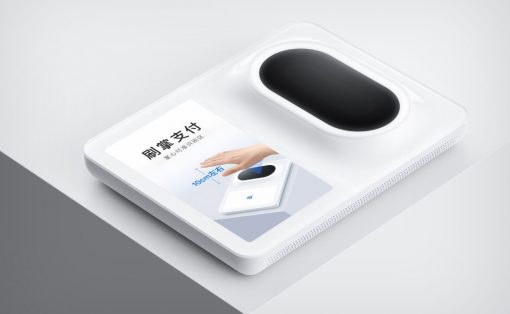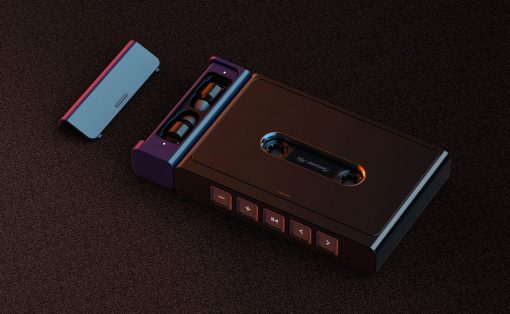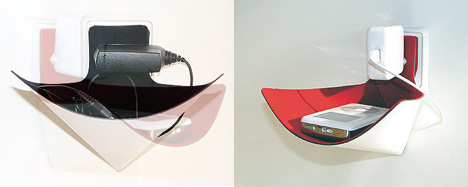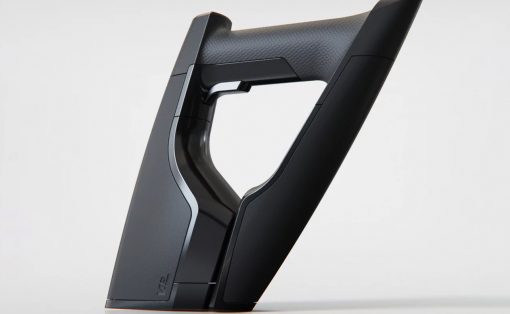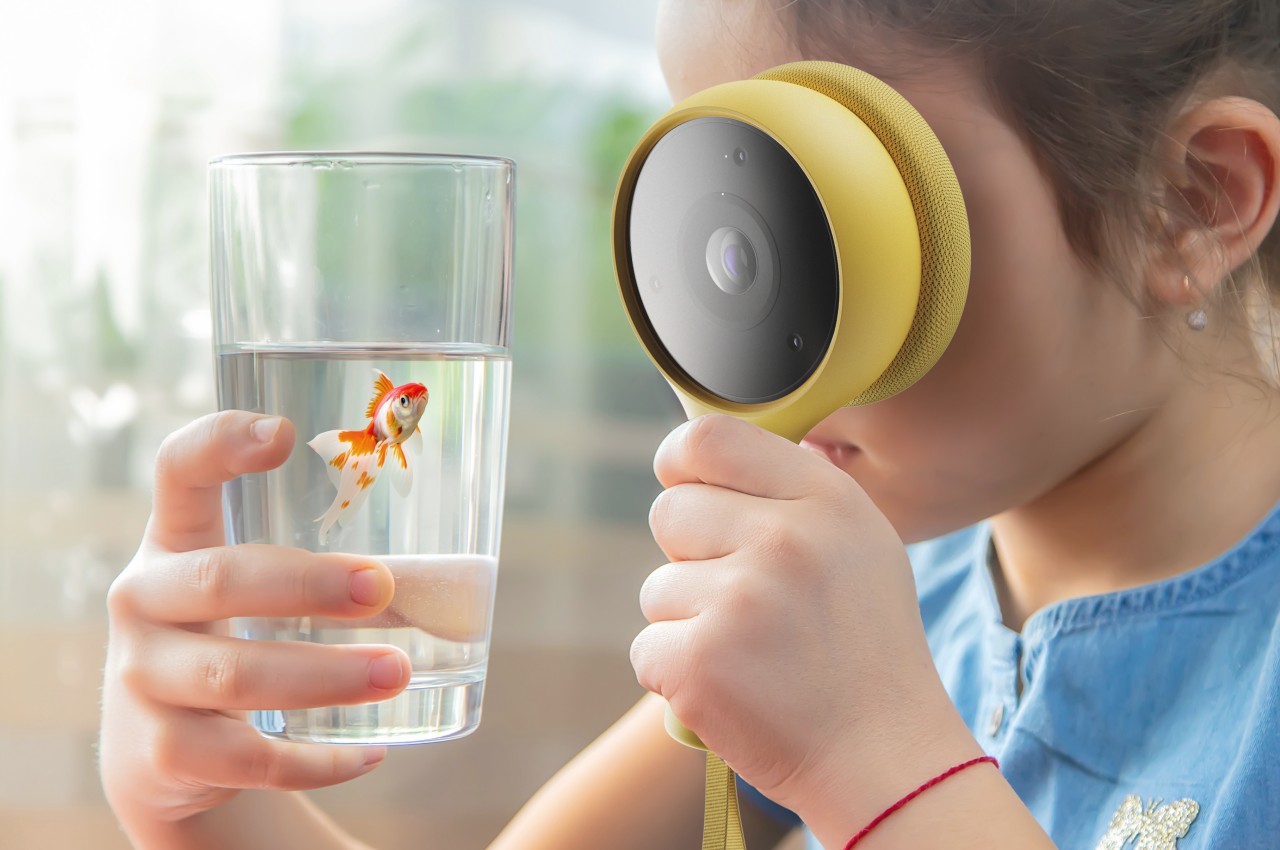
When people talk about augmented or mixed reality, they most likely imagine strapping bulky visors to their heads and blocking their eyes. Although that is definitely the primary way to experience an immersive fusion of the physical and the digital, mixed reality actually goes beyond living in virtual worlds or seeing apps floating in front of you. You could, for example, point your smartphone somewhere in the real world and see a glimpse of digital information through that small window. Limited as that experience might sound, it can actually open up a whole new world to discover, especially if it allows children to learn more about the world they live in, giving them access to flora and fauna that they would have never encountered in the wild.
Designer: Junwoo Lim
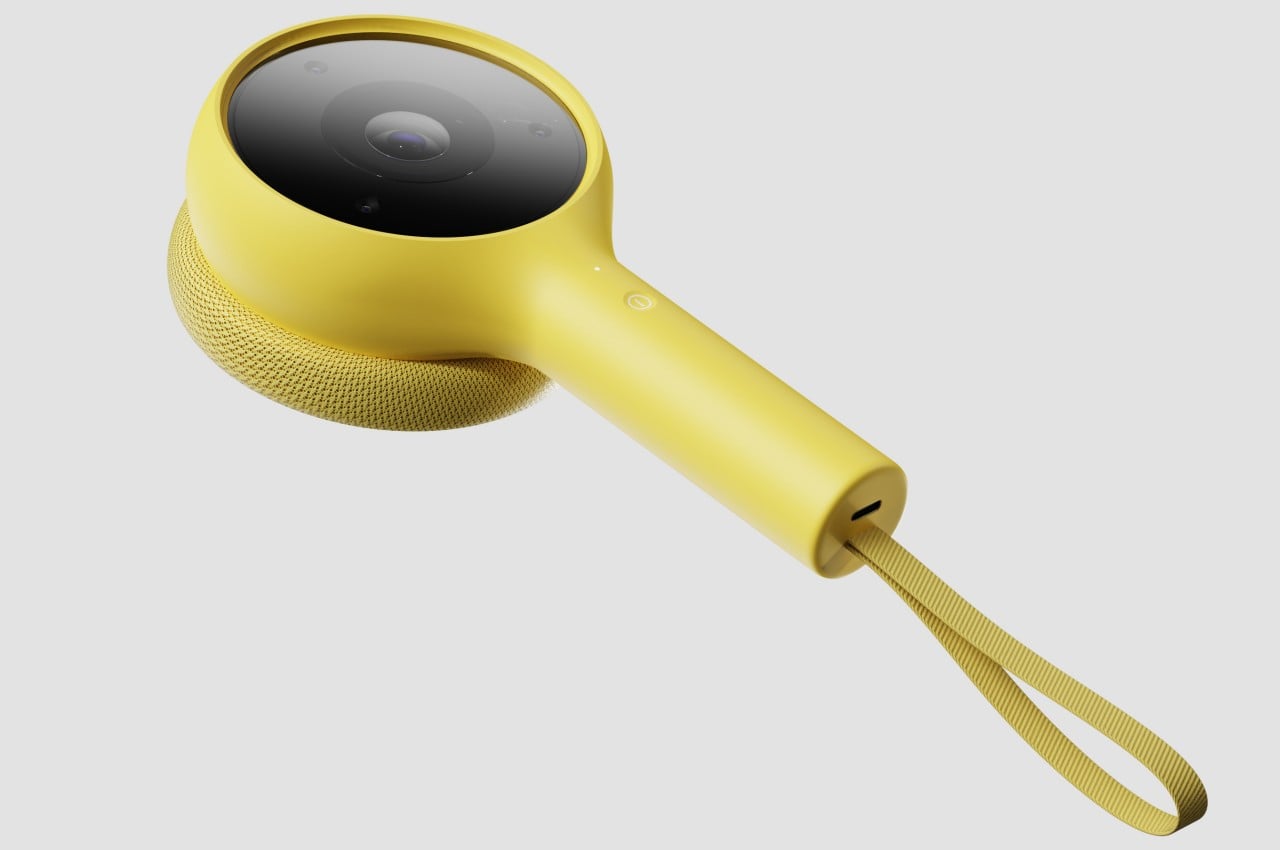
To a child’s eyes, the world is both magical and mysterious, and that’s just for the things they can actually see. Our planet has a lot more treasures and oddities than they could possibly imagine, but most of them are out of reach due to urban development and safety considerations. At most, kids can learn about them through books, videos, and other flat media that, while informative, lack the proper context that young minds need to truly appreciate the scale of these earthbound creatures.
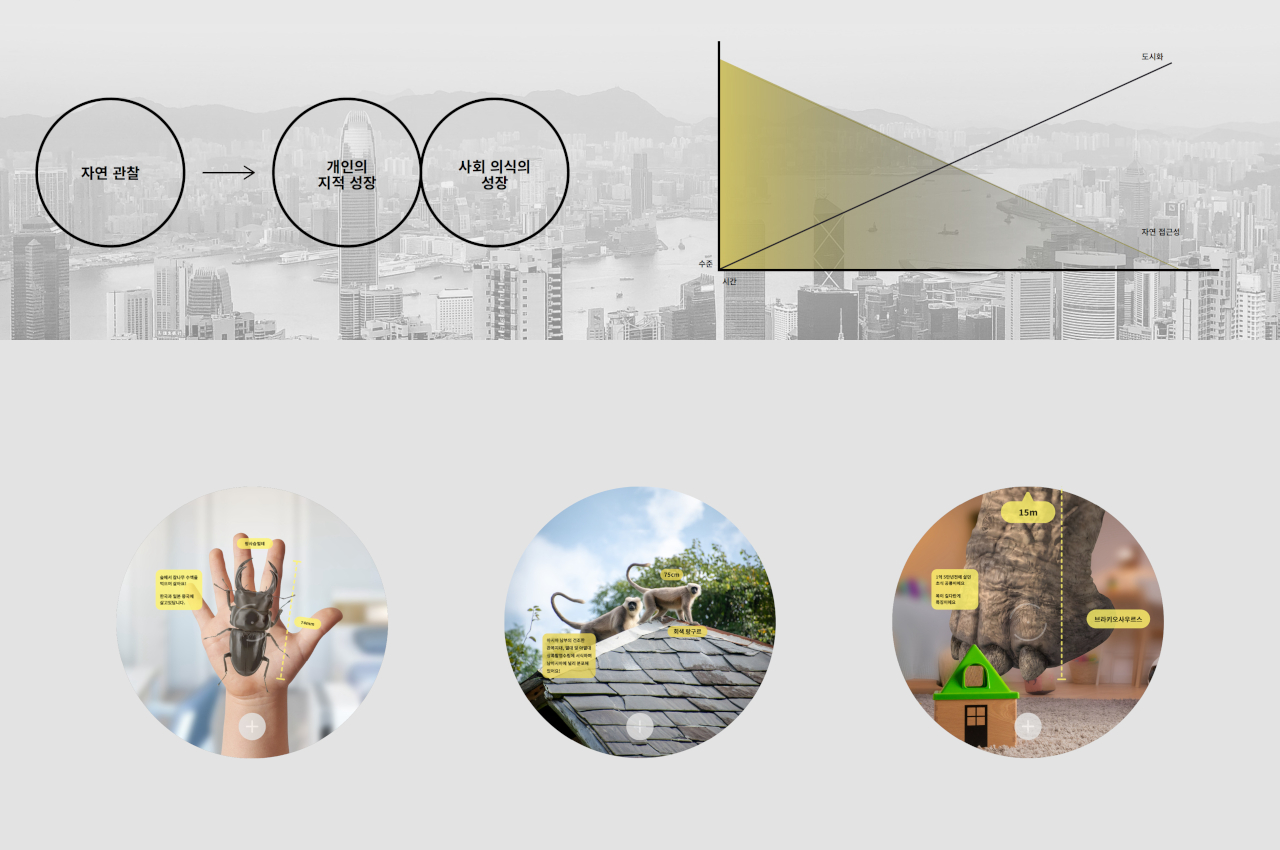
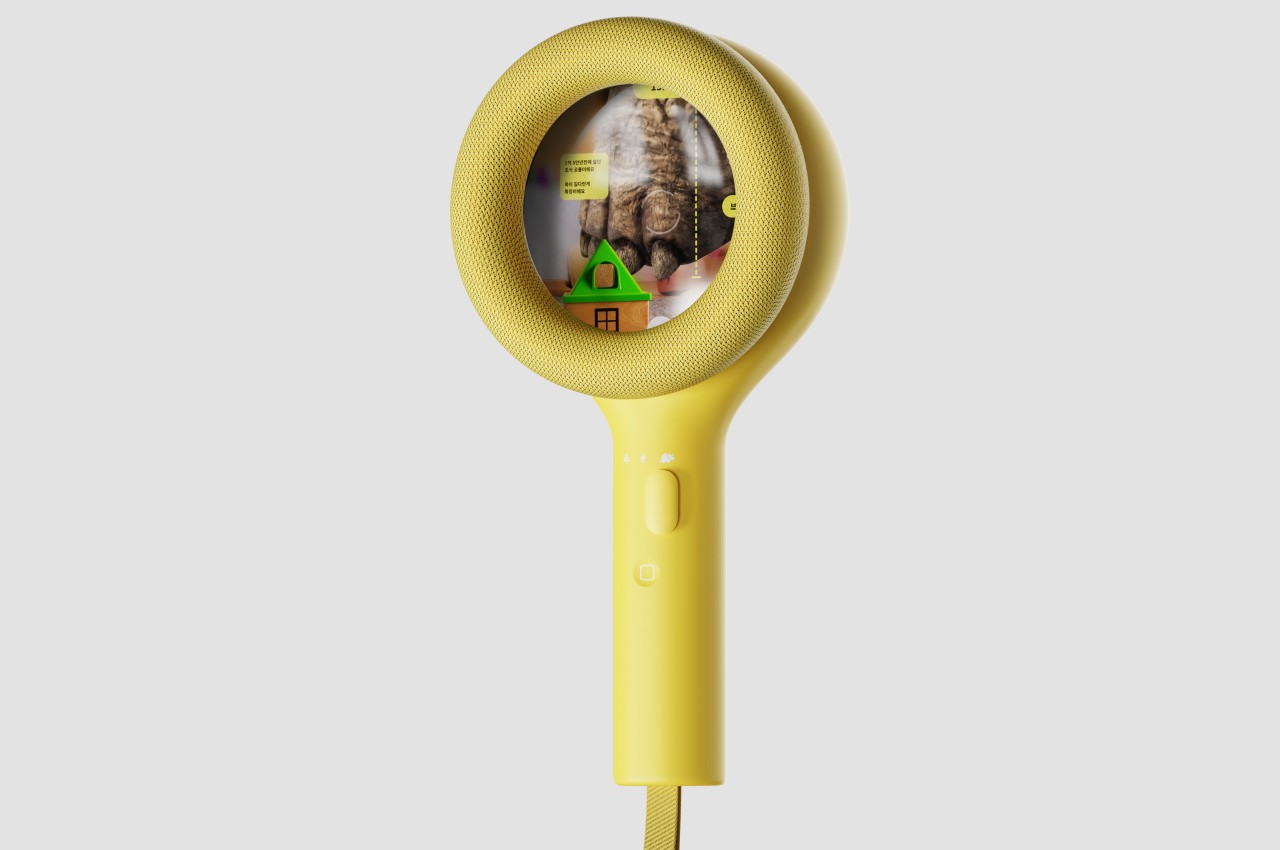
Mono is a mixed reality device concept that unlocks that world and allows kids to not only learn but also enjoy discovering these nuggets of knowledge in a way that doesn’t take them away from their current environment. Using mixed reality technologies, the gadget overlays virtual creatures like insects and animals on top of real-world objects, making them look like they’re actually there on the roof or in your hand. This allows kids to see them in their proper scale, observe their natural movement, or even see them interact with each other, all while still having access to additional text information layered on top of this view.
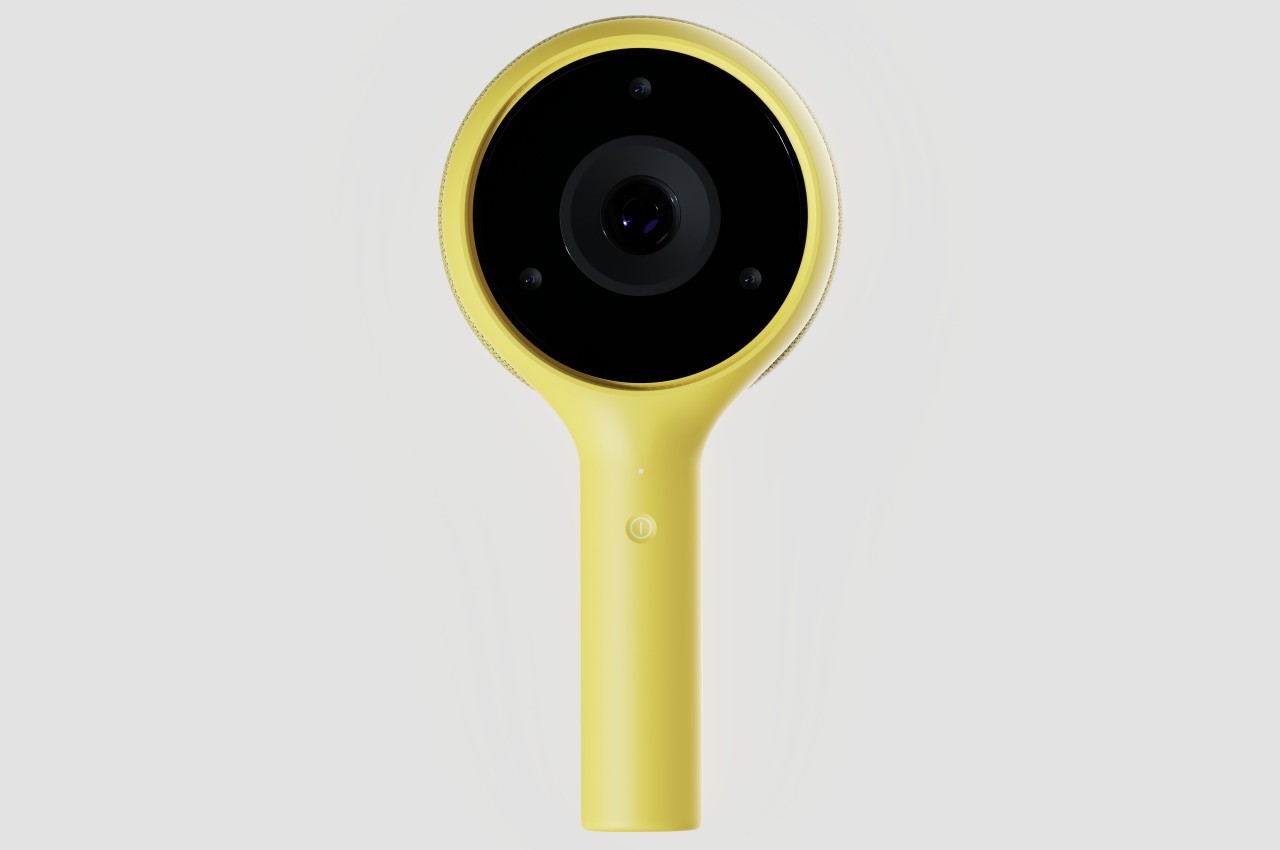
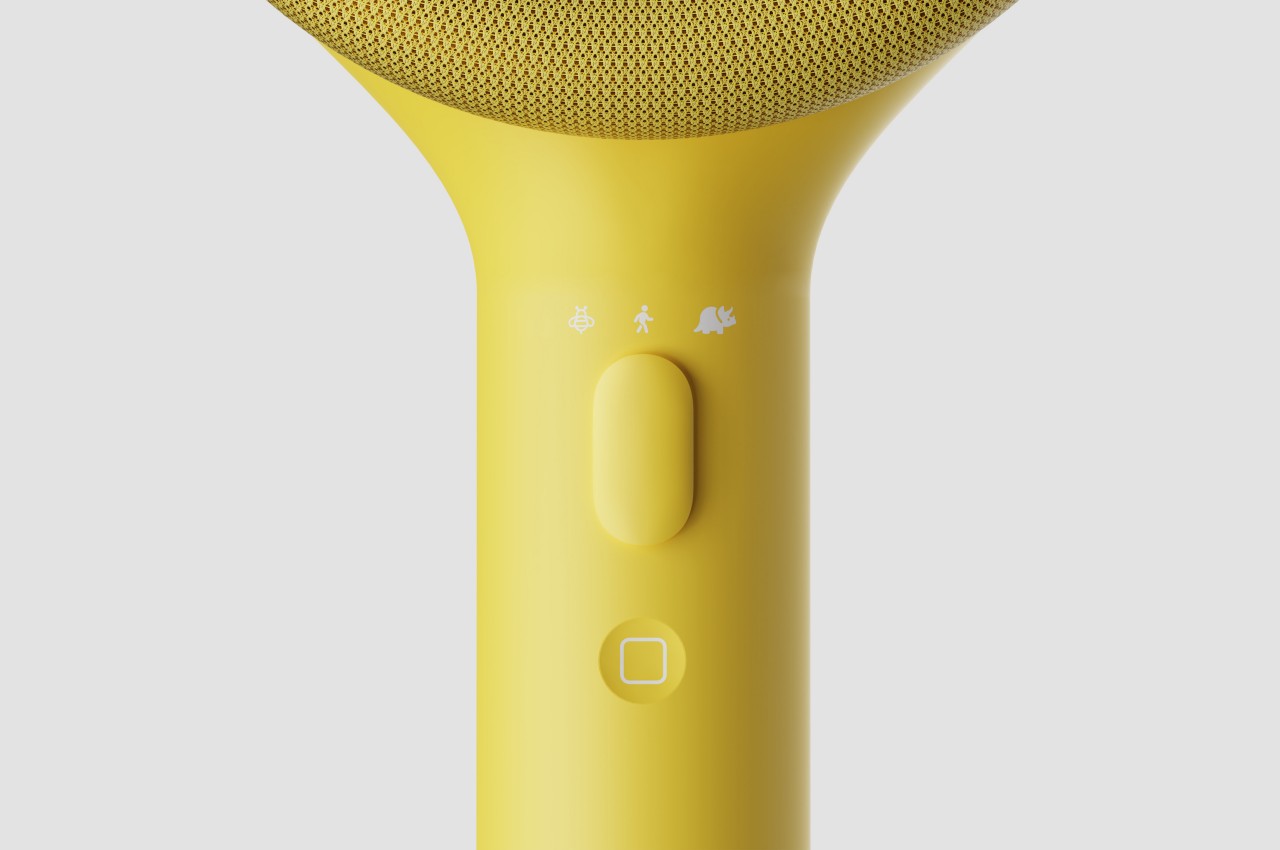
The device comes in a design that looks like a toy magnifying glass, an object that has long been associated with exploration and discovery. Instead of a transparent lens, it has a camera on one side and a screen on the other. Theoretically, the user can put the screen close to their eye the same way they would use a real magnifying glass, though that raises questions about the safety of that method. The controls for the device are simple enough for a child to understand, including a single button for power and a slider for zooming in and out to understand the scale of the creature being observed.
The Mono concept design tries to fill in an educational need for kids to learn more about the world in a safe and engaging environment, but without weighing down their heads with headsets. It demonstrates how mixed reality can be more than just an entertainment medium or a productivity tool for adults, but something that kids can also benefit from. A magnifying glass design definitely carries that exploration vibe, though it’s questionable whether it’s an appropriate one given how kids are likely to put the screen right in front of their eyes.
